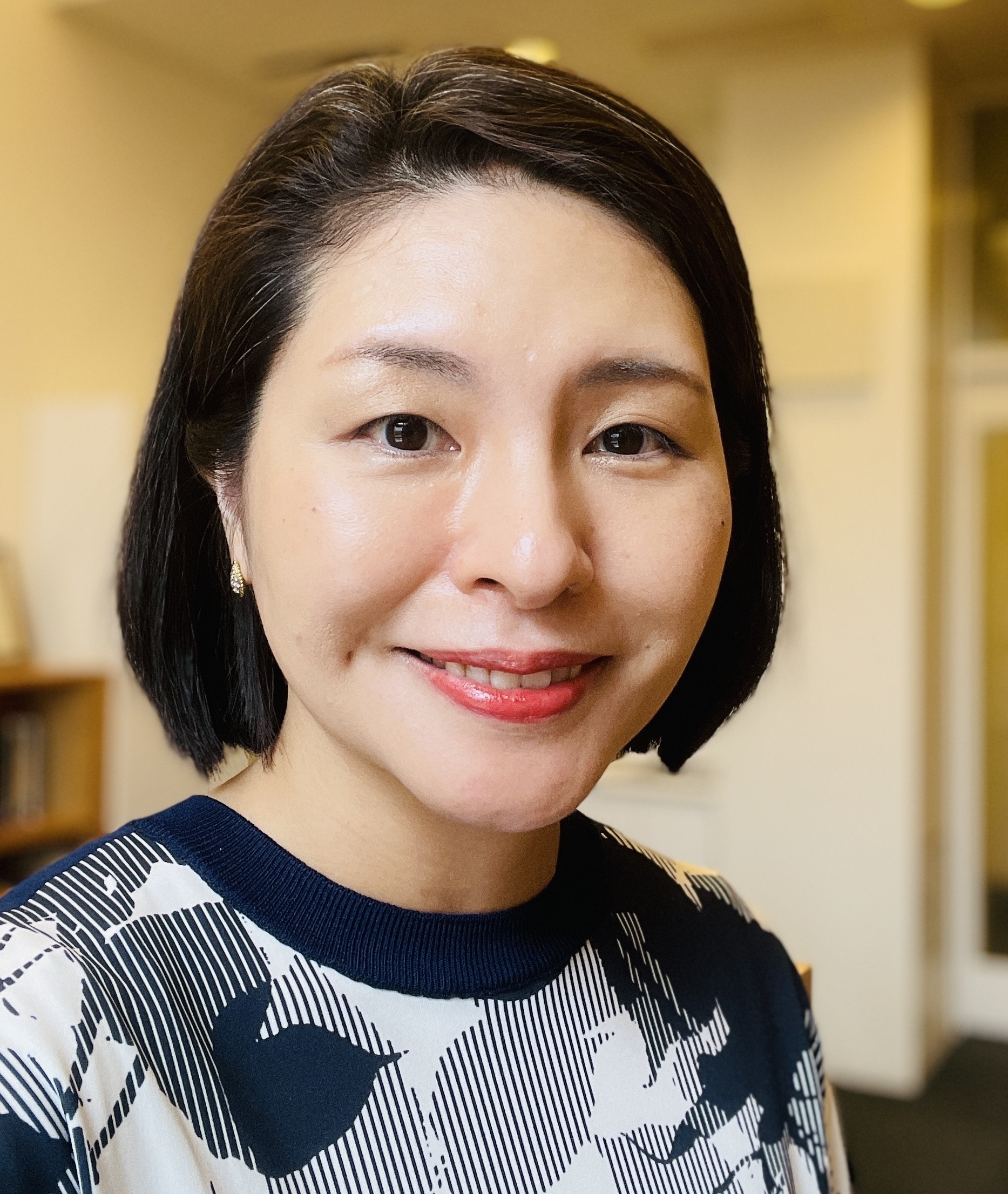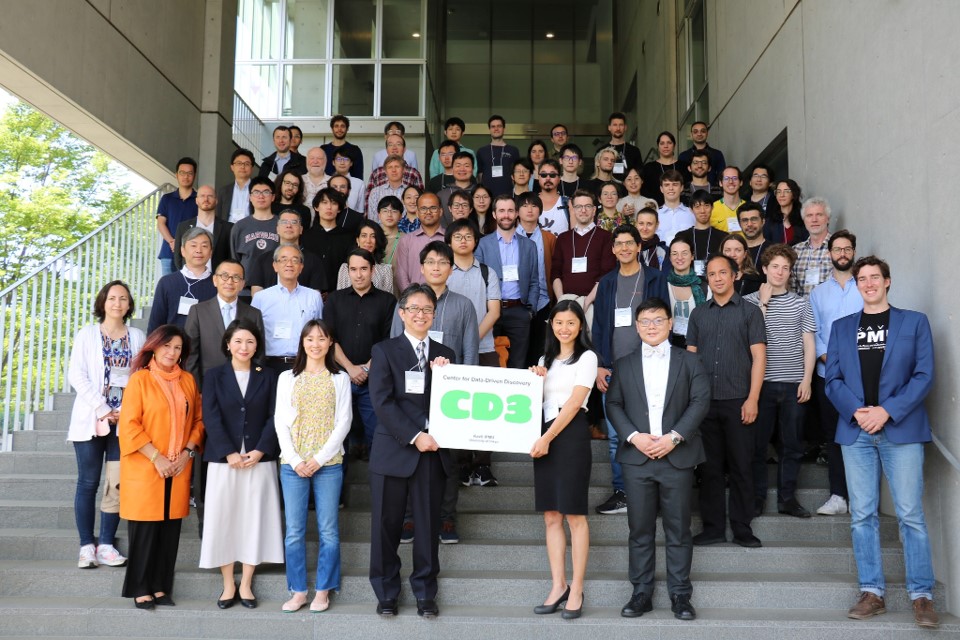

Linkedin, Google Scholor, Research Gate,Research map(Committee list, etc): hiromi.yokoyama (a) ipmu.jp
Prof. Hiromi M. Yokoyama
Hiromi M. Yokoyama is a Professor of Sociology of Science at the University of Tokyo, specializing in Science, Technology, and Society (STS).
Originally trained as an experimental particle physicist (Ph.D., Tokyo University of Science), she shifted her focus to the social dimensions of science after 2004. This unique background shapes her interdisciplinary approach and explains her dual affiliation with the Kavli Institute for the Physics and Mathematics of the Universe (Kavli IPMU) and the Graduate School of Interdisciplinary Information Studies (III), University of Tokyo.
Her research focus on, Trust in Science, Scientific Advice, Artificial Intelligence (medical AI, green AI, and AI governance), Big Science and large-scale research infrastructures, ELSI/RRI, women in STEM.
Since 2007, when science communication became an emerging field in Japan, she has been at the forefront of national discussions on science and society, higher education, and the governance of large-scale science. She has served on more than 100 committees, and her leadership extends across research, policy, and academic society management.She has been contributing since being selected as a member of the Young Academy in 2010, continuing to serve as an affiliate member of the Science Council of Japan to the present.
Currently, Professor Yokoyama serves as a director and chair:
and attending committes as a member. She also served as Deputy Director of Kavli IPMU (2022–2025) and Director of the Public Relations Office at the University of Tokyo (2021–2022).
Through her research, committee service, and public roles, Professor Yokoyama has consistently worked to bridge science and society, advance inclusive and reflexive scientific recommendations, and strengthen trust between researchers, policymakers, and the public in Japan and internationally.
Welcome, Visiting student & researcher
I welcome visiting students and researchers with the aim of conducting collaborative research. There is also a track record of undergraduate summer research internships. Please contact me if you are interested.
Acceptance record: Tsinghua University,Princeton University, Harvard University,Technical University of Munich,National University of Singapore,etc. Please check member page.
You can try JSPS Postdoctoral Fellowships or visit and stay at Kavli IPMU as a visitor.
Photos

Lab member and Summer Visitors(2024)

Kavli IPMU CD3 center(2023)

graduate school, Neutrino physics Group, K2K(2004),2016 Breakthrough Prize in Fundamental Physics , related 2015 Nobel Prize
